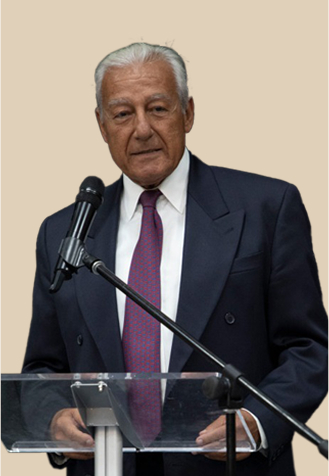ADC discusses Danish Cartoon in Agence France Presse (AFP)
February 6, 2006
Washington, DC — Tempered reaction among US Muslims to the row over cartoons of the Prophet Mohammed can be partly attributed to their integration into American society, community leaders say.
Fear of reprisals and the fact that the offending cartoons have not been reprinted in any major US newspapers may also have contributed to the lack of street protests and violence, they add.
“There is better integration here of communities into the general society than in Europe where integration has not been very effective,” Kareem Shora, of the American-Arab Anti-Discrimination Committee (ADC), told AFP.
“This (controversy) echoes the historical problems that Europeans had with anti-Semitism,” he added. “Now Islamophobia seems to be an acceptable form of public discourse in Europe.”
Osama Siblani, publisher of The Arab American News in the state of Michigan, which has the largest concentration of Arabs outside the Middle East, said he believes the country’s six to seven million Muslims had not taken to the streets to express outrage in part because of fear of retaliation by authorities.
“People are scared,” he told AFP. “We have a government saying it is spying on us and it’s scaring the living daylights out of people.
“But they still feel the same about this issue and are very angry.”
Siblani blasted the cartoons as proof of Western insensitivity to Islam and double standards in dealing with the Muslim world.
“The other day the president of Iran made a statement about the Holocaust and the whole world condemned him,” he said. “Here you have a statement offending 1.3 billion people around the world. Why don’t we see condemnation?”
“There is one set of rules for the West and another set for everyone else,” he added. “Where do we draw the line on your freedom of speech and hurting my feelings and principles and irritating the hell out of me?”
Several community leaders warned that the crisis could easily escalate if the West fails to fully grasp the reasons behind the uproar over the cartoons, which have been printed in several European newspapers and which Muslims regard as blasphemous.
Islamic tradition bans depictions of the prophet.
“Instead of encouraging constructive integration, this (cartoon controversy) does nothing but add to the divide and perception that there is an us-versus-them mentality,” Shora said.
He said ADC planned to meet next week with members of the US Commission on International Religious Freedom (USCRIF), a government body that promotes religious tolerance, to discuss the uproar.
Nihad Awad, executive director of the Council on American-Islamic Relations (CAIR), said he hoped the controversy would not escalate any further and that reason would win over violence.
“We hope and pray that cool heads will prevail in the next few days and weeks as this controversy comes to our shores,” he said. “That extremism and bigotry will not be allowed to shape the debate between America and the Muslim world.”
Copyright 2006 Agence France Presse
All Rights Reserved
Recent Posts
Action Alerts

Your support means everything. Your gift protects rights, builds community, and fights hate. Let’s move forward together.
